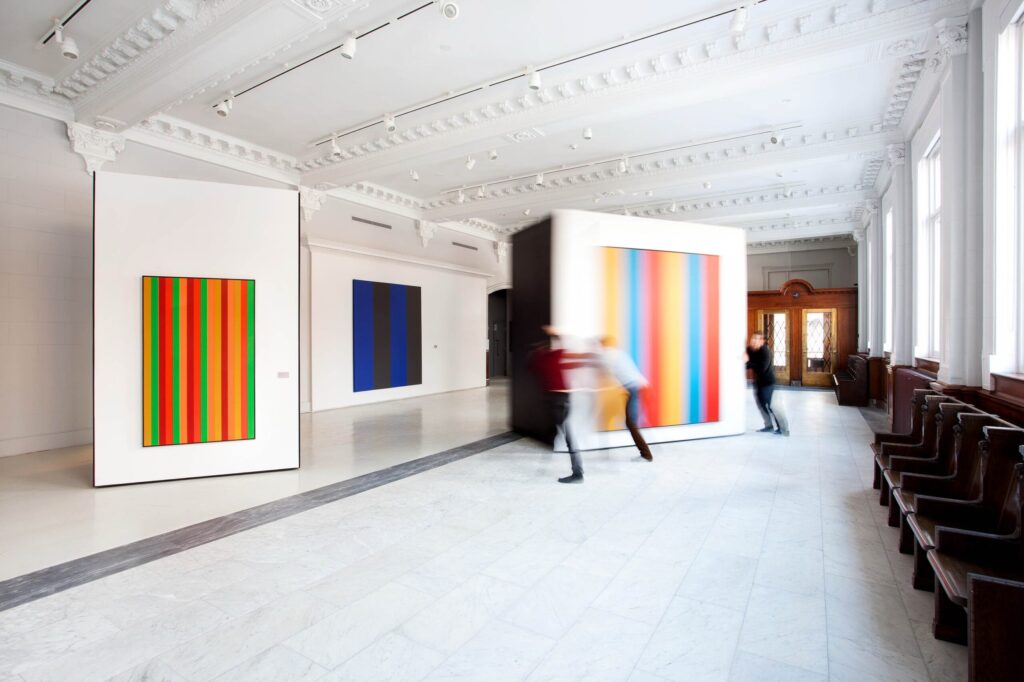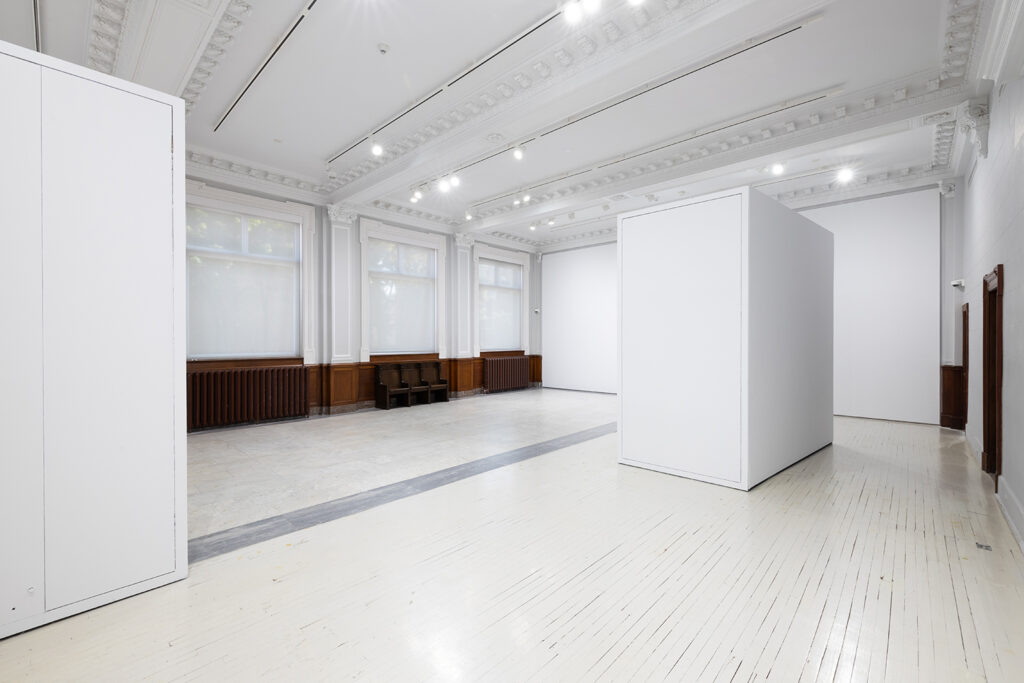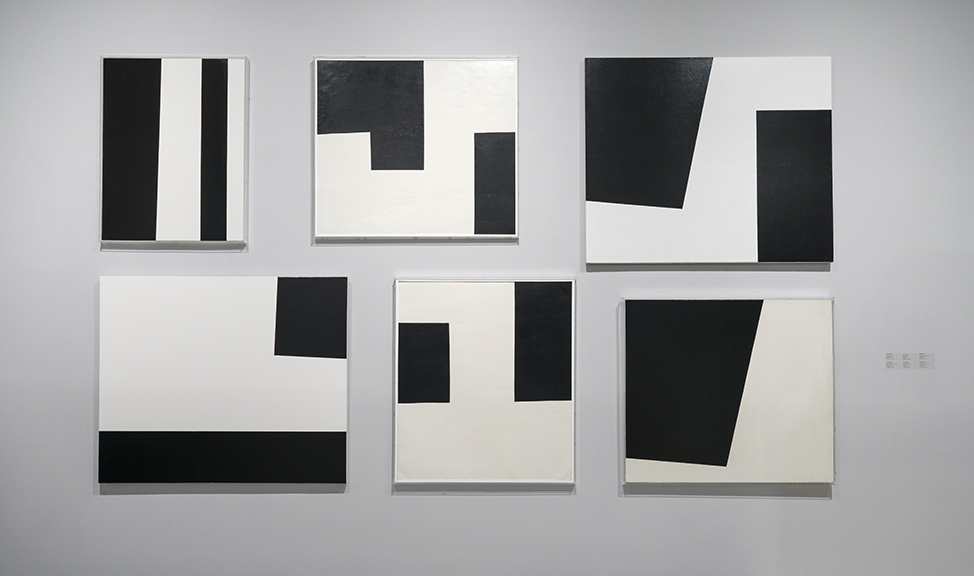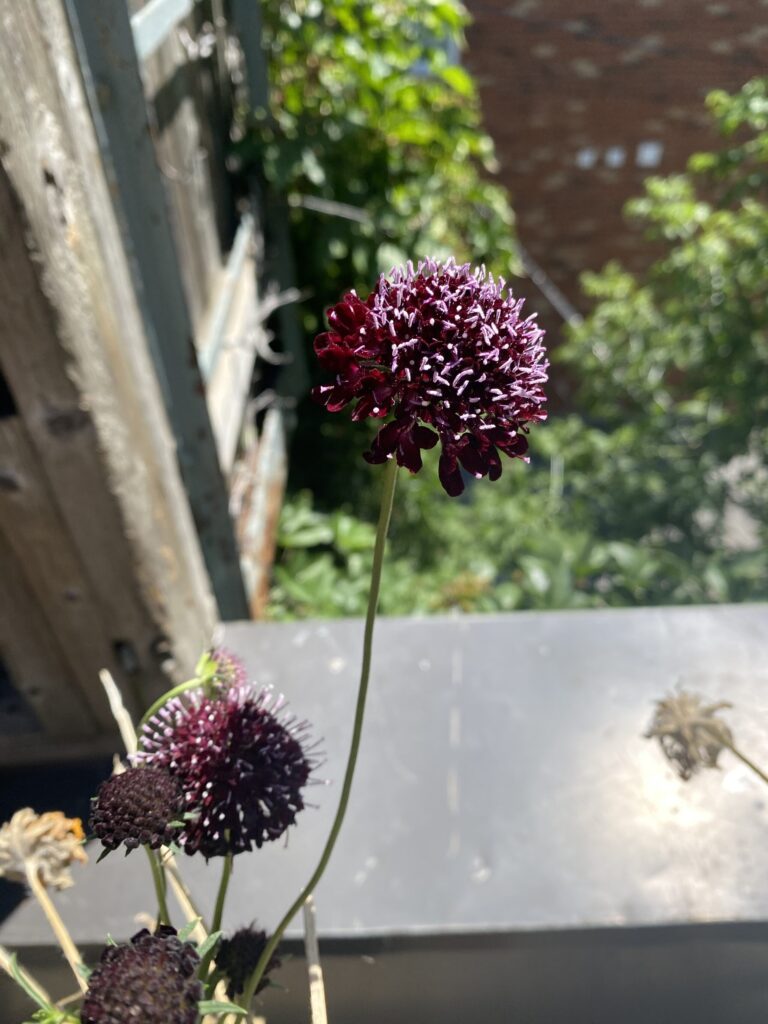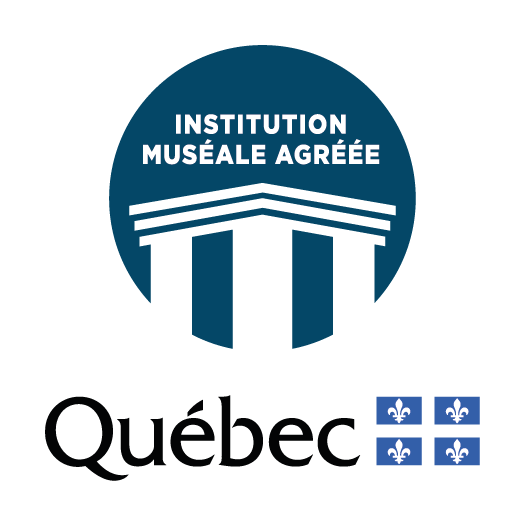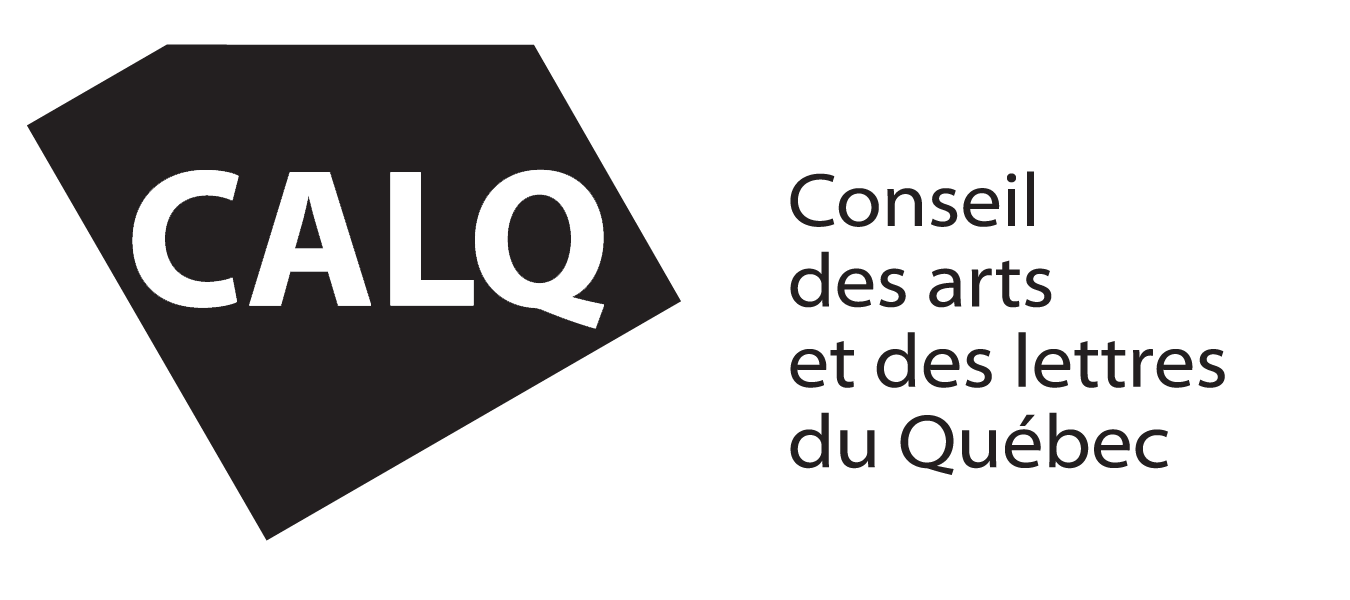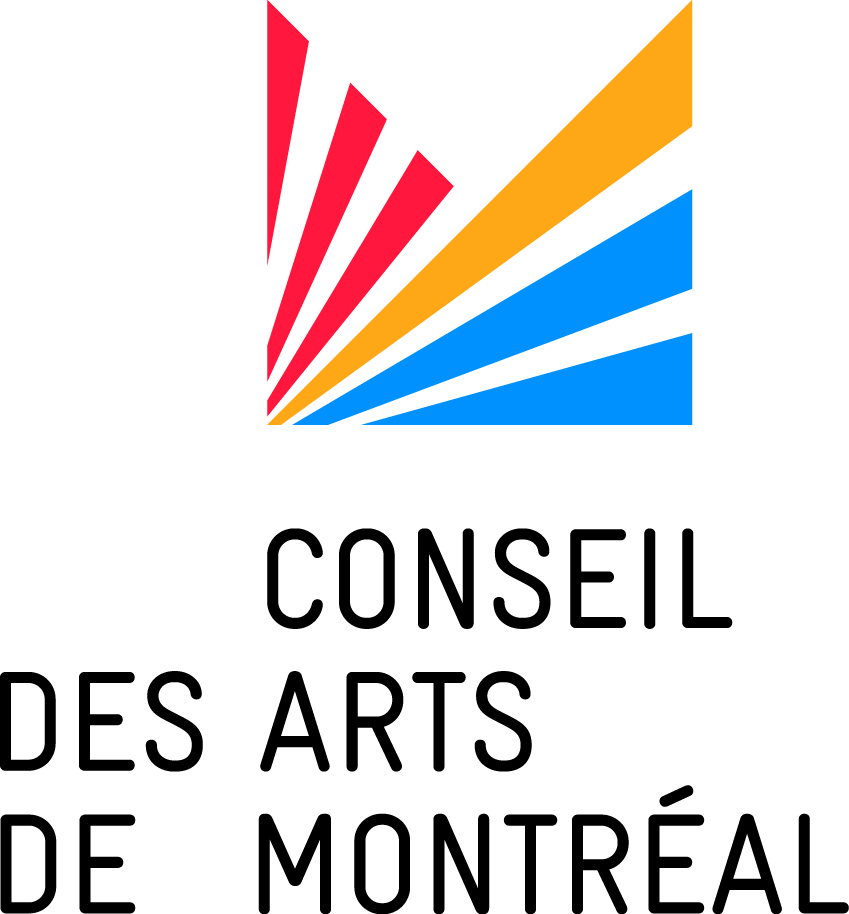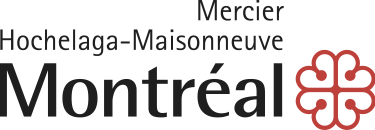Approach and vision
Sustainable development issues are embodied in the Foundation’s mission, mandate, and values. Over the last few years, the Foundation team has developed several working tools, including a sustainable development policy, in order to structure all of its actions, which it hopes will be exemplary and promising.
The Foundation firmly believes that it can be a catalyst for change through tangible and meaningful achievements, with a constant focus on sustainable development, in particular by:
- preserving, documenting, and making its collection more accessible;
- offering programming in multiple forms and for marginalized audiences;
- taking an active role in the community while striving to become a credible interlocutor, a knowledgeable collaborator, and a partner of choice both in the Hochelaga-Maisonneuve neighborhood and in the broader cultural milieu;
- demonstrating responsible governance thus ensuring the Foundation’s sustainability.
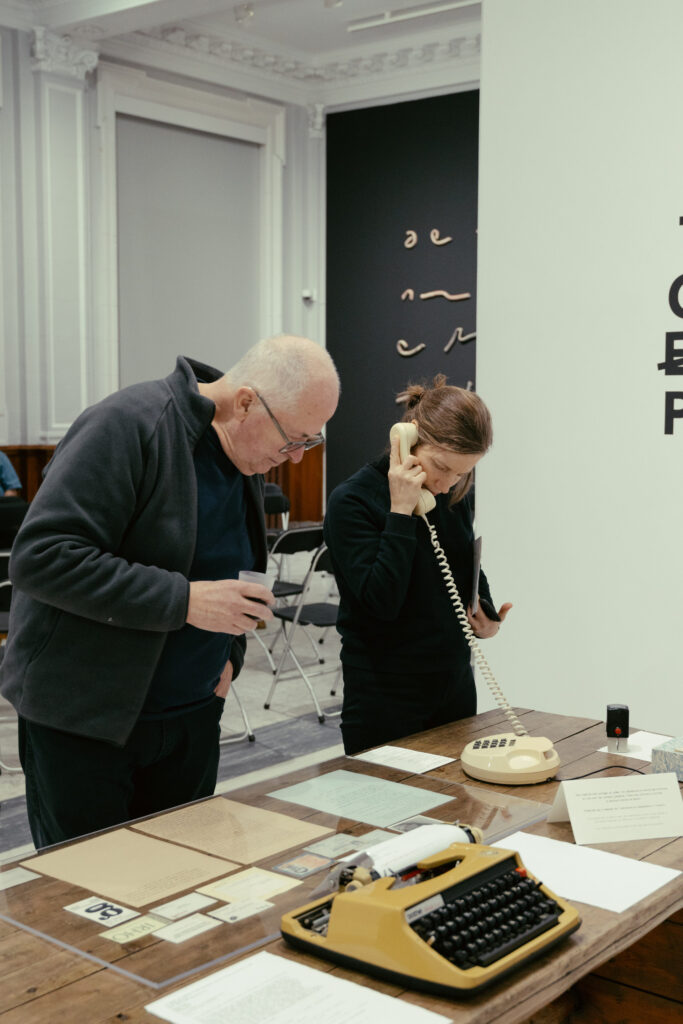
These principles inform and support the Foundation’s commitment to fulfilling its mission, while guiding the implementation of its sustainable development approach. Its integrated approach reflects the Foundation’s vision of sustainable development: creative, inclusive, and multidisciplinary.
Initiatives and collaborations
The Foundation is committed to a circular and solidarity-based approach. The Foundation composts, recycles, reuses, pools, shares, and limits waste in its exhibition and event production. Local and sustainable sourcing, prioritizing neighborhood businesses and shops, not only supports the local economy but also limits the transport of resources. Circular economy is also part of the Foundation’s sustainable development practices: thanks to its network of partners in the neighbourhood and the community, it can borrow equipment and resources while lending in return. The Foundation’s commitment and roots in its local community are illustrated by its collaborations, which fuel its sustainable development initiatives, notably with the Bibliothèque Maisonneuve, Ruelle d’Hochelaga, a social pediatrics organization, L’imprimerie centre d’artistes, Table de quartier Hochelaga-Maisonneuve, Tristesse magazine, Espace public and CupKo for the reusable cups baring the colours of the Foundation. Collaborations with other cultural organizations, such as the FOFA Gallery, MUSÉCO, Vidéographe, Esse magazine and Festival de la poésie de Montréal demonstrate the Foundation’s commitment to contributing to the vitality of the artist milieu.
Exhibition methods
Designed by the firm _naturehumaine, the mobile modules in the main exhibition hall are unique to the Foundation. Serving as both display surfaces for the works and storage spaces for the largest paintings in the collection, the modules have eliminated the need to build temporary walls for exhibitions. Their flexibility also allows to change the configuration of the room from one exhibition to another without producing single-use furniture. These geometric volumes were inspired by works of Molinari.
Eco-friendly solutions
In the summer 2025, the FOFA Gallery and the Guido Molinari Foundation have partnered to cultivate a rooftop garden at the Foundation, composed primarily of dye plants and pollinator plants. While not open to the public, the garden supports ongoing sustainability initiatives at both institutions by producing natural dye materials for future signage projects and mediation activities
With species such as indigo, scabiosa, dyer’s chamomile, and black-eyed Susan, the garden will provide sustainable signage for upcoming exhibitions at the FOFA Gallery, and support educational activities at the Guido Molinari Foundation. The initiative first sprouted through conversations between Camille Bédard, Associate Curator at the Guido Molinari Foundation, and FOFA’s Co-Curators of Sustainability, Josh Jensen and Joé Côté-Rancourt—all Concordia alumni working towards integrating sustainable thinking into the arts.
This project is supported by the Canada Council for the Arts, with contributions from Urban Seedling and Hélène Vogel (Sun Youth). Both institutions hope to grow this first iteration of the garden in the years to come.
Questions
If you have any questions or suggestions about our approach and initiatives in sustainable development, please contact Camille Bédard, Associate Curator and Sustainable Development Officer at the Foundation at conservation[a]fondationguidomolinari.org.

